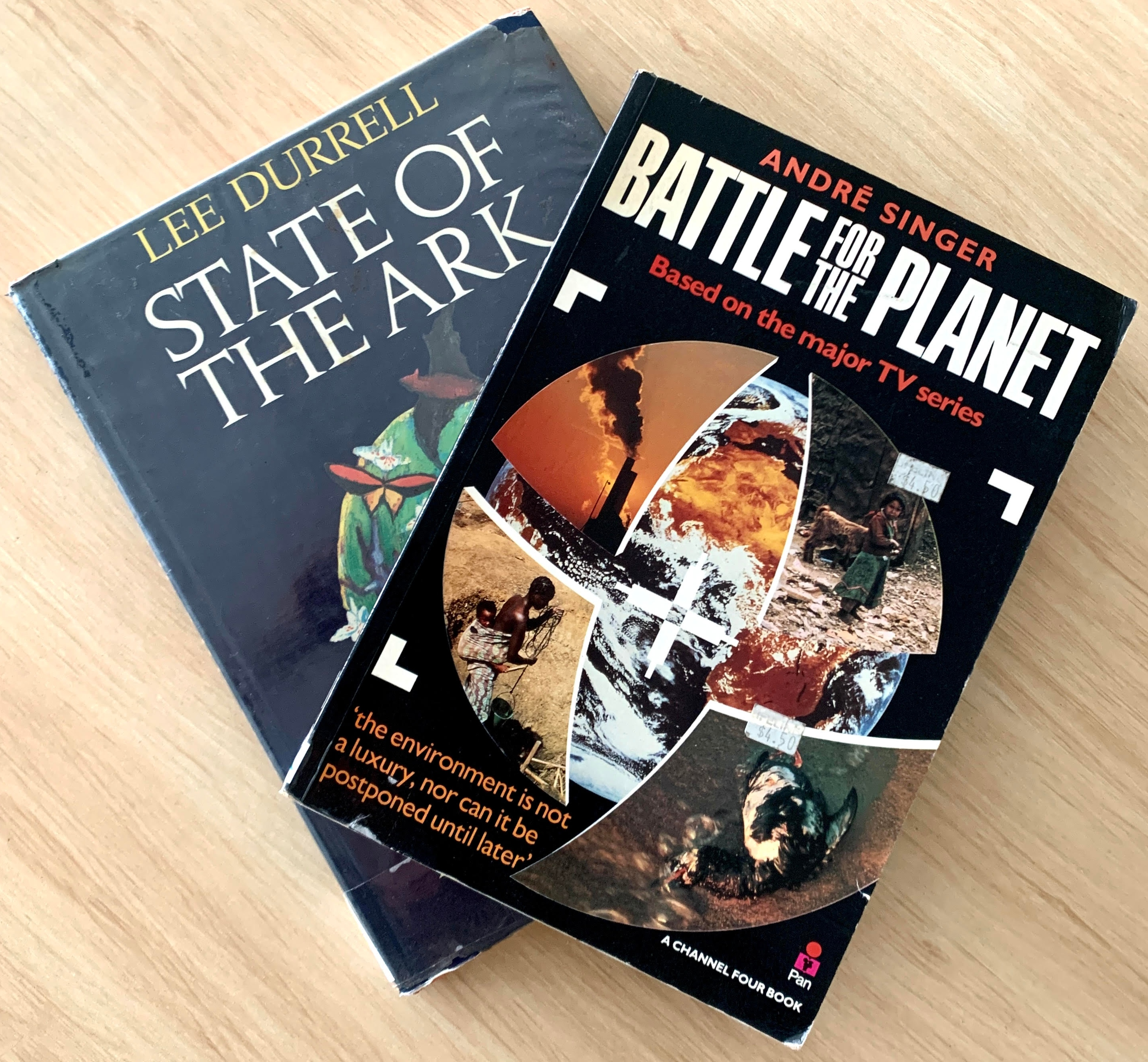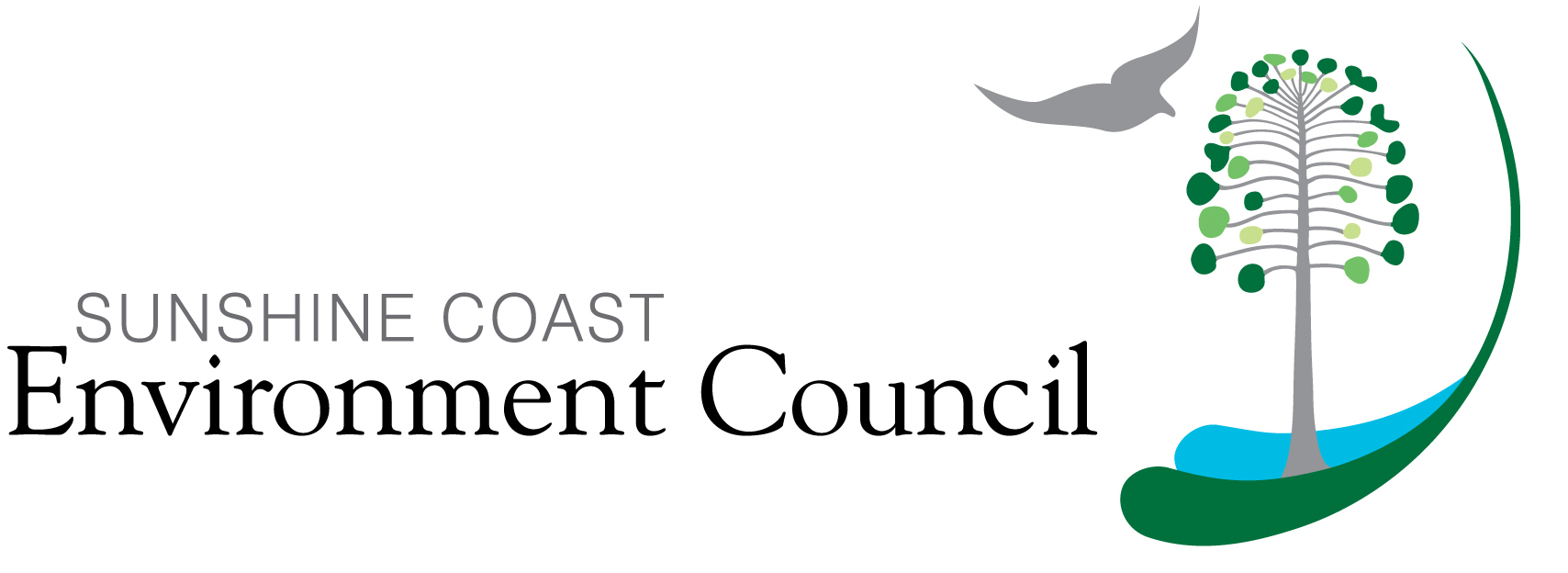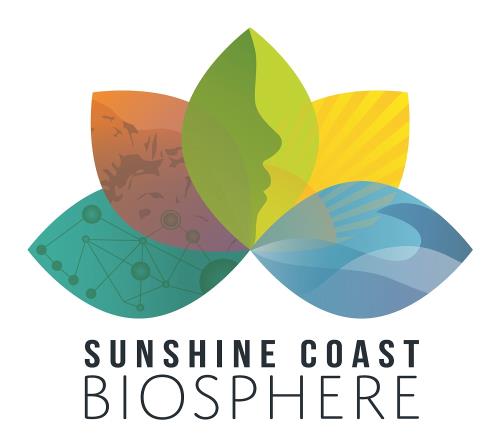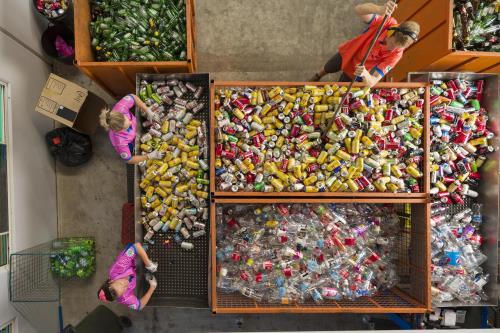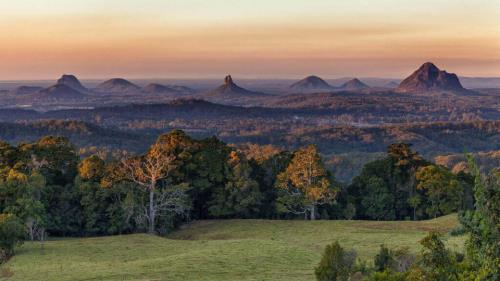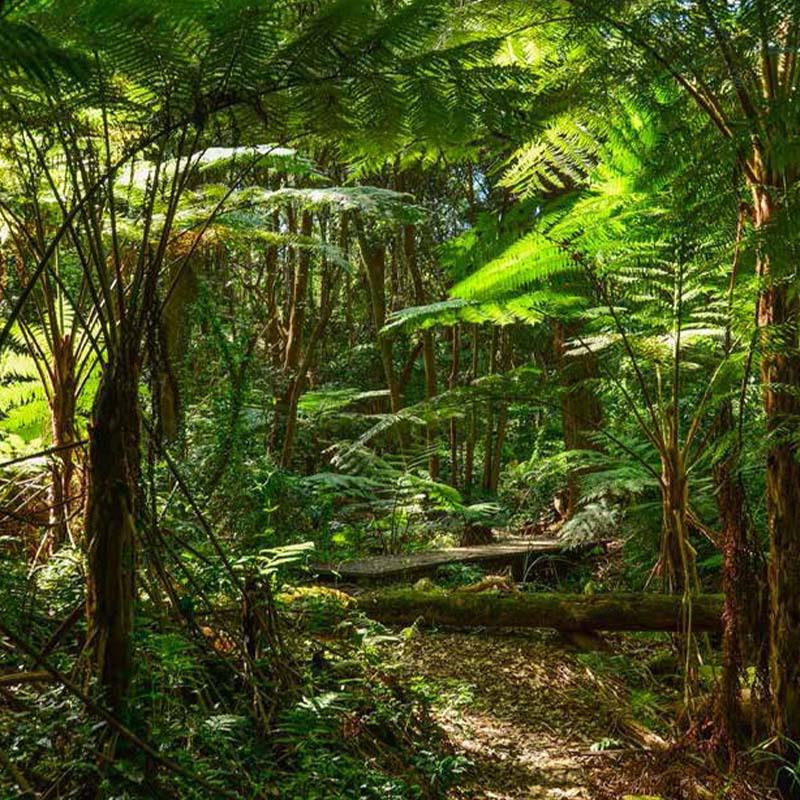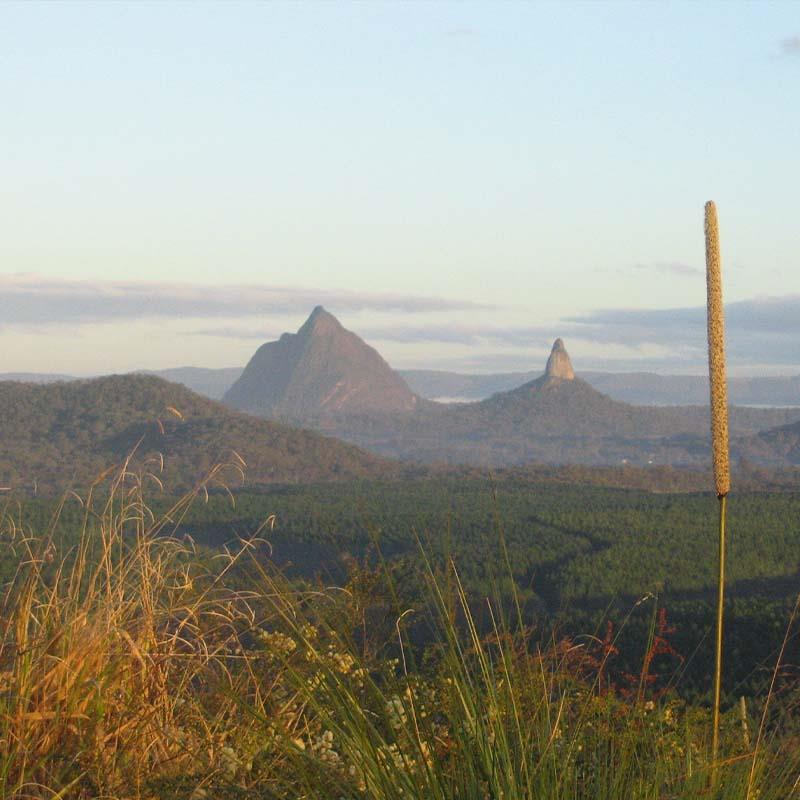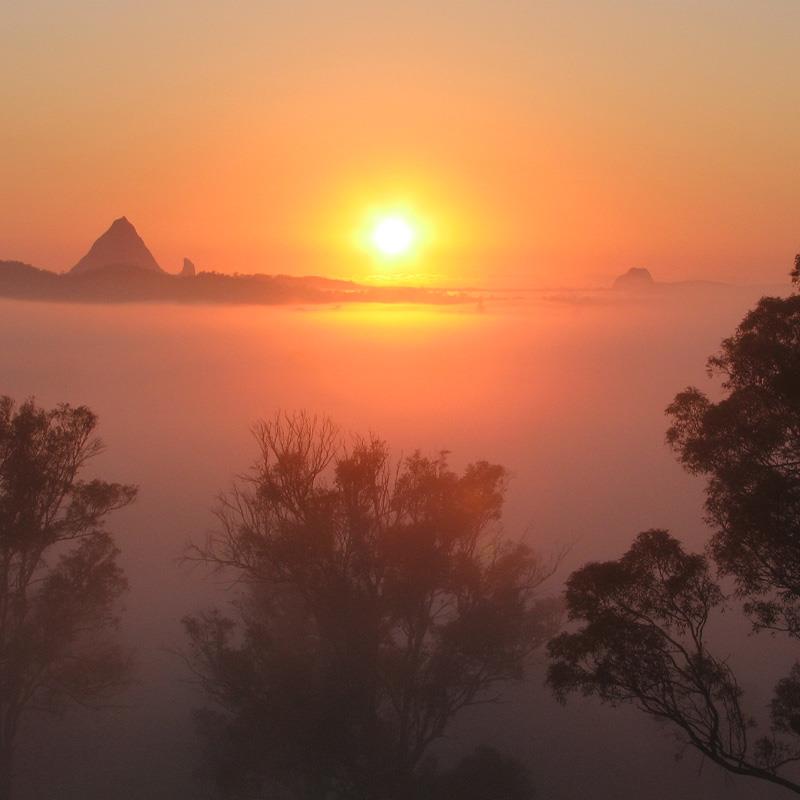Navigating the Path to a Greener Future
SCEC actively keeps up to date with environmental actions, events, and significant updates across our own campaigns and those of our support groups. You'll find a collection of articles that spotlight the latest strides in safeguarding our planet. From inspiring stories of conservation efforts to in-depth coverage of impactful events, we're committed to keeping you informed about the pressing matters shaping our environment.
Stay engaged, stay informed, and join us in our journey toward a greener and more sustainable future.
Signing up today ensures you stay informed about all SCEC News & Events!
A call from the community to save South East Queensland
As the 2024 State election approaches, we—the residents, wildlife rescuers and carers, catchment, and conservation groups of South East Queensland—are united in our concern for the future of our region. This includes protecting the green belt of the northern inter-urban break between the Glass House Mountains and the Pumicestone Passage.
New environment watchdog election commitment for Queensland welcomed 11 October
The Queensland Conservation Council and Regional Conservation Councils have welcomed Labor’s commitment to introduce an independent environmental protection agency (EPA), calling for a bipartisan approach to ensure accountability for environmental protection.
The Sunshine Coast has lost a great environmental advocate and leader with the recent passing of Hermann Schwabe whose legacy lives on
Community-Driven Renewable Energy in Caloundra
Discover how Caloundra's community-driven renewable energy initiatives, supported by a $40 million commitment from the Queensland Government, are pioneering emission reduction efforts and promoting equitable access to clean energy.
To drive impactful change and keep our advocacy and voice strong, we need your support. Here’s how you can support SCEC as the Regional Conservation Council and peak environmental advocacy organisation since 1980...
Conservationists and Scientists Unite for Smart Regional Planning
Conservationists and scientists have launched a plan to create 'no-go' development zones in Queensland, aiming to protect threatened species and promote smart regional planning.
Kabi Kabi People have Native Title recognised
The Federal Court has recognised the Native Title rights of the Kabi Kabi People.
Premiere screening of the ‘Sunshine Coast Climate Emergency Declaration Film’
Attendees at the Sunshine Coast Environment Council's May Green Drinks event watched the premiere screening of this locally made film documenting the power of community action.
QCC hosts 'Why nuclear is not a climate solution for Australia' webinar
In May, Queensland Conservation Council hosted a webinar focusing on why nuclear is not a climate solution for Australia, with Australian Conservation Foundation's anti-nuclear campaigner Dave Sweeney delivering the keynote speech.
Sunshine Coast Biosphere - 24/01/2024
Be part of the change! What difference would you like to create today?
Welcome to January's Edition of Eco News - 17/01/2024
SCEC would like to wish you all a very Happy New Year!
Special Festive December Edition of Eco News - 20/12/2023
Give a gift for the environment and to SCEC this festive season. Special Festive December Edition of Eco News.
You may be aware that the Sunshine Coast Environment Council (SCEC) has been fighting for the environment for over 40 years. During this time we have been fortunate to have the support of wonderful people like you; as well as our amazing volunteers, member groups and the broader community.
Protect Our Regional Inter-Urban Break
Help protect our region's signature 'Glass House Mountains to Pumicestone Passage Green Belt' by telling the Queensland State Government to give statutory protection of the entire extent of the Regional Inter-Urban Break.
'Aura South' wrong direction for our region-SCEC
The Sunshine Coast Environment Council (SCEC) continues its’ long held opposition to urban development of Halls Creek in the sensitive Pumicestone Passage catchment and within the irreplaceable Regional Inter-Urban Break (RIUB).





.jpg&wid=1000)



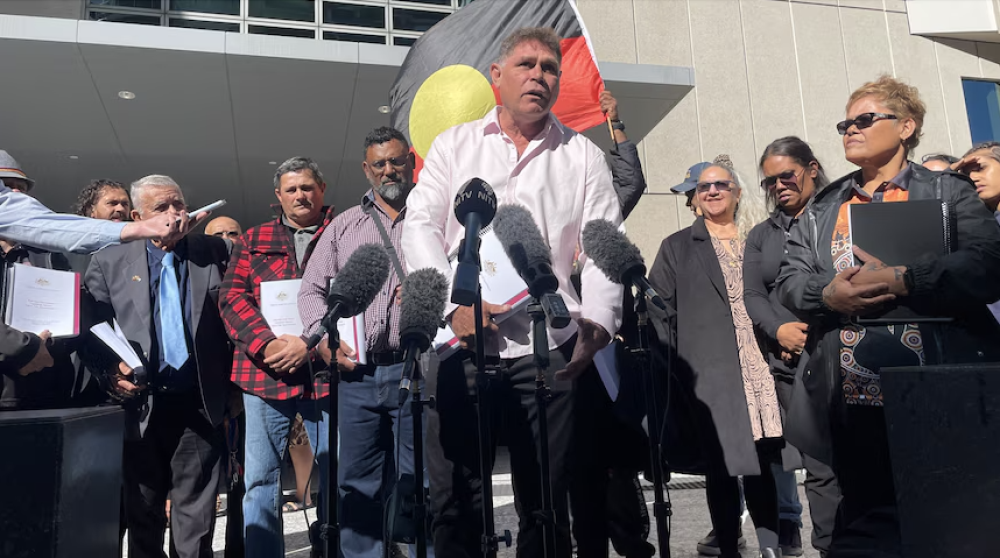
.png&wid=250)



